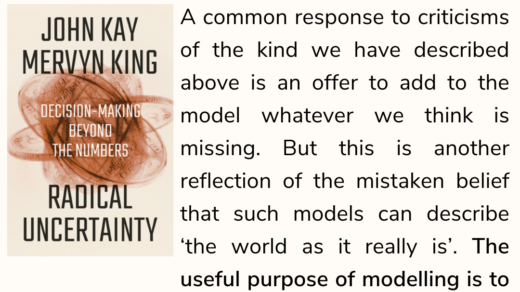The chaos generated by Trump and his tweets is now par for the course. What is not par for the course is the failure of America’s much vaunted system of checks and balances to save America from a mercurial and chaotic ruler. Neither the US Congress nor the fourth estate, neither the Supreme Court nor the executive branch can do anything to restrain Donald Trump. Consequently, all around the world, trust in America’s institutions of governance has begun to erode. In this regard, even though the Chinese leaders must be hugely exasperated with Donald Trump, they could, with their long view of history, also see Trump as a long-term asset, as he has single-handedly done more to reduce America’s prestige and influence in the world than any other American leader has. America was generally perceived to be a reliable partner by its closest allies. This sense of trust in America has diminished considerably. The worst-case scenario for China would have been a reenactment of the containment policy that America has successfully used against the Soviet Union. Under Trump, the chances of this happening are practically zero. Even after he leaves office, the next president will not be able to restore the trust in America that Trump has eroded. It would be truly unwise for any American to underestimate the erosion of trust in America. Many of America’s best friends have warned America to take it seriously. The famed Financial Times commentator Martin Wolf, who once wrote that he had inherited his father’s “fiercely pro-American” attitude,* has declared that “under Trump, America has become a rogue superpower.”* Prior to the August 2019 G7 Summit in Biarritz, Edward Luce, another influential Financial Times columnist, similarly quipped that “if [Trump] can make it through a French weekend without accelerating the demise of the west—offering to buy a chunk of Europe, for example—that would be a victory of sorts.”* No society is invulnerable. Every society has its own weaknesses. This is why the erosion of global trust in America is so dangerous. It could in turn expose the area of America’s maximum vulnerability, indeed, its Achilles’ heel: the dollar. The US dollar is currently well protected by a complex global financial system, which in turn generates a sense of invulnerability. Yet, a core vulnerability remains. More than most countries, America can afford to live beyond its means (although financial globalization has enabled some countries with strong domestic institutions and good macroeconomic fundamentals, like Australia and Canada, to also sustain prolonged periods of current account and fiscal deficits). Domestically, the US government spends more than it collects in income. This creates a fiscal deficit. Internationally, America imports more goods than it exports. This creates a trade deficit. How does America pay for these twin deficits? It borrows money. This is not abnormal. Many countries, not unlike many domestic households, borrow money. At some point, when they can no longer borrow money, they face a crunch. This is what happened to Greece. It had to cut its expenditures drastically so that it could continue to receive funds from overseas. In the past few decades, many countries have had to endure extreme pain when their international borrowings became too much: Argentina in 2001, Mexico in 1982, Russia in 1998, Thailand in 1997, Iceland in 2008, Greece in 2010. As a result, their populations suffered a severe drop in standards of living. However, unlike these other countries, America can fund its twin deficits and pay for its excess expenditures by printing Treasury bills. The US Treasury only has to pay for the cost of paper. In return for handing out pieces of paper, the rest of the world sends real money (hard-earned cash) to buy the US Treasury bills. For example, Chinese workers have to work hard to produce low-cost goods to export to the rest of the world. These exports receive hard-earned dollars, which the Chinese government converts to yuan to pay to the workers. What does the Chinese government do with these hard-earned dollars? It uses many of these to buy US Treasury bills. The US Treasury then uses these dollars from China to pay for excess government expenditures. For the record, the largest purchasers of US Treasuries are China ($1.113 trillion), Japan ($1.064 trillion), Brazil ($306.7 billion), the United Kingdom ($300.8 billion), and Ireland ($269.7 billion).* As a result of this, when the US government cannot pay for the twin deficits, it can simply print money (i.e., paper) to pay for these excess expenditures. And why does the rest of the world buy these pieces of paper (US dollars)? One key reason is that most of world trade is carried out in US dollars. Hence, when China buys Argentinian beef, it pays Argentina with US dollars. When Argentina buys Chinese cell phones, it pays with US dollars. This makes the US dollar indispensable for the global economy. Hence, it functions as the global reserve currency.
Probably the most significant impact of Trump being the president, the erosion of trust in America. This might not be easily measured, and hence underrated. However, erosion in trust can affect the value of the US dollar. That can lead to huge adverse consequences for its economy when the world no longer desires for the US dollar. Current structures that we observe in the world can topple easily if the right conditions occur.


